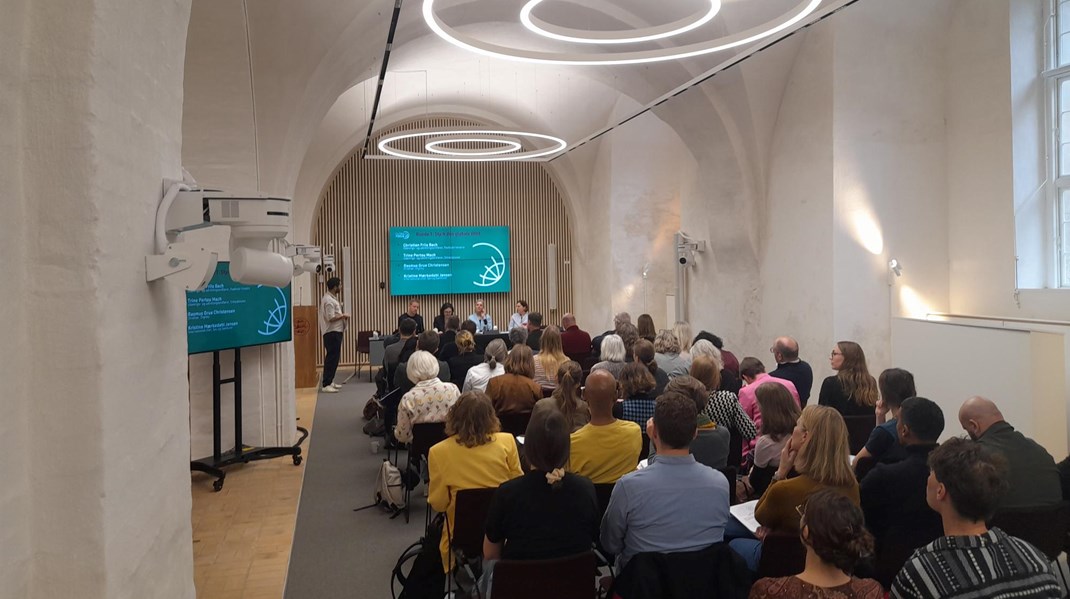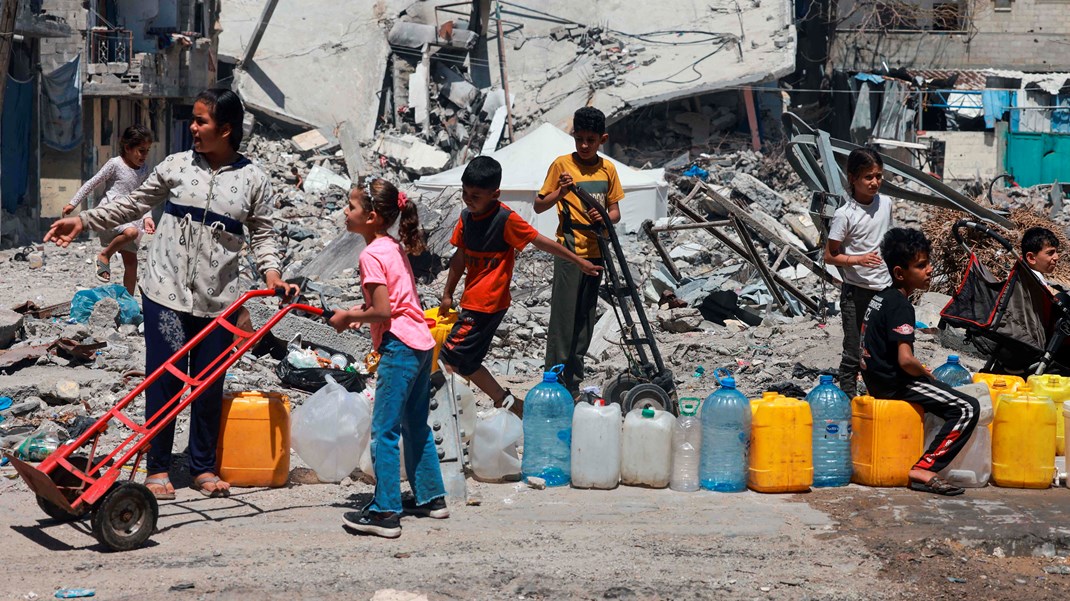Sustaining the ambition, delivering change after the World Humanitarian Summit
At the World Humanitarian Summit in Istanbul in May 2016, leaders made over 3,500 commitments to advance the Agenda for Humanity. In the third and final year of providing self-reports against these commitments, 117 stakeholders described the efforts they made from January to December 2018 to realize this ambitious vision.
The 2019 annual synthesis report provides a summary of their collective achievements around the 5 Core Responsibilities and 24 Transformations of the Agenda for Humanity, as well as persistent challenges since the Summit. The 2019 report includes a few new elements: visual summaries at the beginning of each chapter (in addition to a global one) to provide a quick overview of key findings and recommendations, and a new 'Assessing progress' section which explores potential indicators and methodologies that could be used in future to determine collective progress.
Looking at progress in 2018 and comparing it to work done since the Summit, the report found progress in shifting to a culture of conflict prevention, working to integrate gender in all aspects of humanitarian programming, and that more national and local organizations are being represented in coordination processes. The report found that there are strengthened efforts both to make humanitarian action more inclusive and, separately, to enhance humanitarian-development-peace collaboration. But there are persistent challenges: fiduciary risk intolerance is preventing local and national partners from accessing funds, and risk aversion is also preventing greater investment in preparedness and multi-year funding. There is a gap between normative commitments and applying them in the field. Despite these challenges, among others, the momentum brought about by the Summit continues and the report exhorts stakeholders to maintain the Summit's broader ambition for structural change.
The Executive Summary provides an overview of trends in progress and gaps that need to be addressed. Each chapter can also be downloaded separately for an in-depth view of progress.


